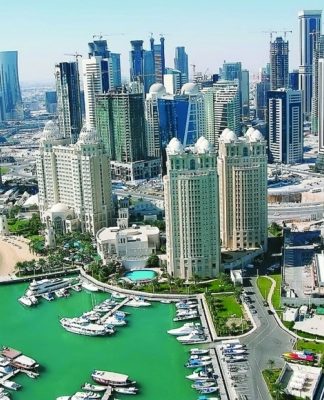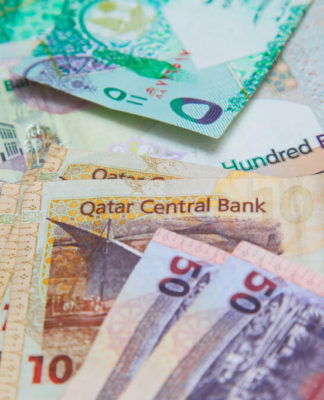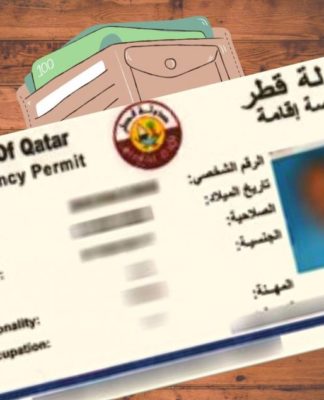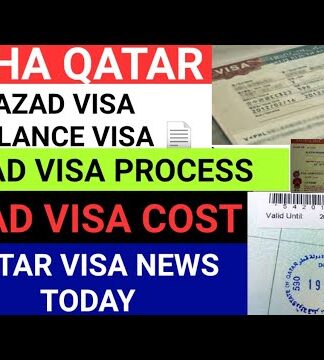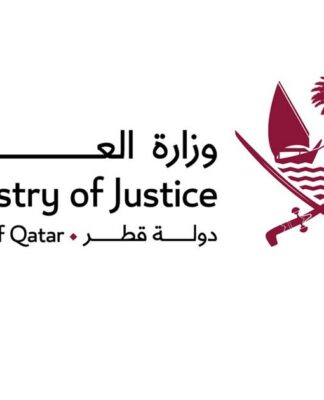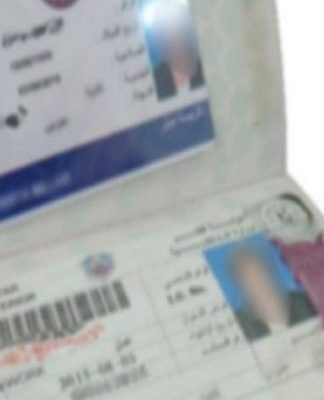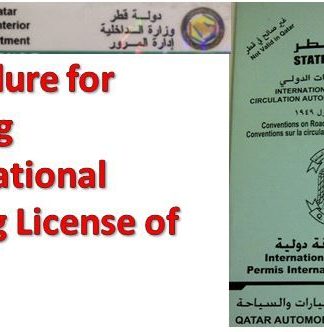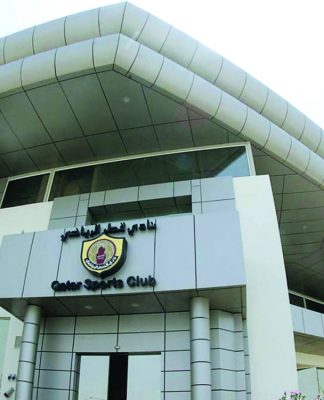Rothschild Humiliates Obama, Reveals That “America Is The Biggest Tax Haven In The World”
(zerohedge) In his speech, following the Treasury’s crack down on corporate tax inversions, Obama blamed “poorly designed” laws for allowing illicit money transfers worldwide. Since the speech came at a time when the entire world is still abuzz with the disclosure from the Panama Papers, Obama touched on that as well: “Tax avoidance is a big, global problem” he said on Tuesday, “a lot of it is legal, but that’s exactly the problem” because a lot of it is also illegal.
There is one major problem with that: of all the countries in the world, it is none other than the country of which Obama is president, the United States, that has become the world’s favorite offshore “tax haven” destination.
As Bloomberg, which first broke the story about Nevada’s use as a prominent tax haven early this year, writes, “Panama and the U.S. have at least one thing in common: Neither has agreed to new international standards to make it harder for tax evaders and money launderers to hide their money.”
Over the past several years, amid increased scrutiny by journalists, regulators and law enforcers, the global tax-haven landscape has shifted. In an effort to catch tax dodgers, almost 100 countries and other jurisdictions have agreed since 2014 to impose new disclosure requirements for bank accounts, trusts and some other investments held by international customers — standards issued by the Organization for Economic Cooperation and Development, a government-funded international policy group.
In short: while Obama is complaining about corporate tax avoidance and slamming Panama, he is encouraging it in the U.S.
Places like Switzerland and Bermuda are agreeing, at least in principle, to share bank account information with tax authorities in other countries. Only a handful of nations have declined to sign on. The most prominent is the U.S. The other ona is, of course, Panama, and we just saw what happened there.
The latest reporting “underscores the secrecy in Panama,” said Stefanie Ostfeld, the acting head of the U.S. office of the anti-corruption group Global Witness. “What’s lesser known, is the U.S. is just as big a secrecy jurisdiction as so many of these Caribbean countries and Panama. We should not want to be the playground for the world’s dirty money, which is what we are right now.”
For Obama, however, it is important to not let facts get in the way of a good speech, or welcoming the dirty, laundered money of the world’s uber wealthy, be they criminals or not, as they transfer their wealth from Panama to Nevada, Wyoming and other tax sheltering destinations in the U.S.
To be sure, the US has taken steps to keep track of US assets abroad, but not of foreign assets in the US.
In 2010, Congress passed the Foreign Account Tax Compliance Act, or Fatca, as the U.S. Justice Department began prosecuting Swiss banks for enabling tax evasion. Fatca forces certain financial firms to disclose to the Internal Revenue Service any foreign accounts held by U.S. citizens.
Fatca doesn’t, however, bind banks to provide information on foreigners with U.S. accounts to regulators abroad. The U.S. has entered into agreements with some other countries requiring such exchange with foreign regulators, but tax planners say they are considered relatively easy to avoid.
That’s where the OECD came in, with its own international take on Fatca that the U.S. declined to sign.
Panama has been one country which has done everything in its power to delay and dilute its compliance with OECD regulations.
















